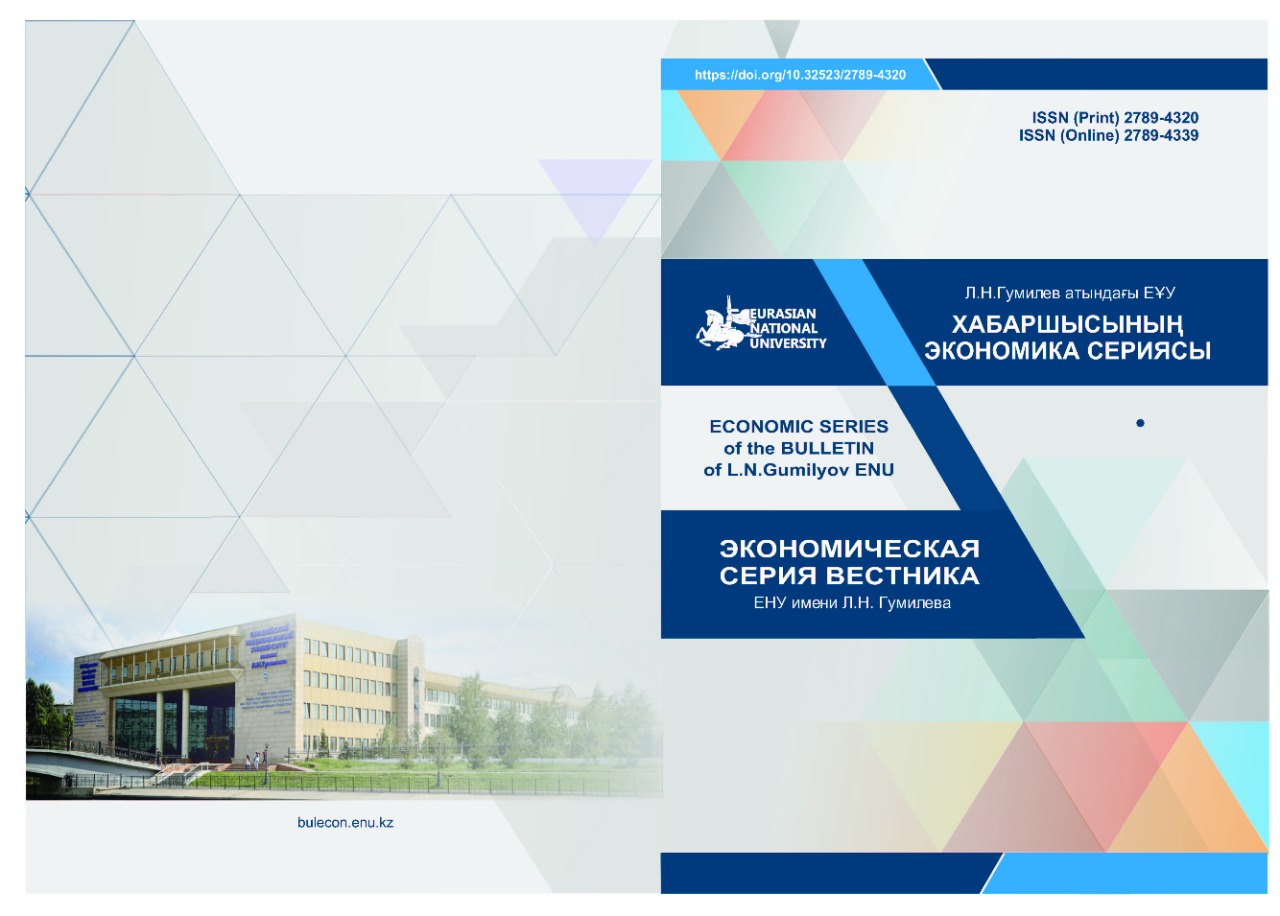Экономическая оценка эффективности органического производства пшеницы
Просмотры: 245 / Загрузок PDF: 264
DOI:
https://doi.org/10.32523/2789-4320-2023-4-65-72Ключевые слова:
органическая продукция, сельское хозяйство, пшеница, экономическая эффективность, рентабельность, традиционная технология, No tillАннотация
Статья посвящена изучению актуальных трендов развития органического сельского хозяйства. Целью исследования выступает определение экономического эффекта органического производства пшеницы в сравнении с технологиями традиционной и No till, которые предопределяют изменение характера потребительских предпочтений на рынке продовольственных товаров. В статье проанализированы преимущества и недостатки органической пшеницы в соответствии с технологией возделывания (традиционной, No till).
В соответствии с целью в ходе исследования решены следующие задачи: сформулированы преимущества органической продукции над продукцией, выращенной традиционным способом; проведен сравнительный анализ затрат, урожайности и цен, рентабельности на выращивание традиционной и органической яровой пшеницы в сравнении; проанализирован опыт европейских фермеров-органиков; выявлены изменения в составе ценовых и неценовых факторов спроса на продукцию органического сельского хозяйства, то есть несмотря на высокую цену органической пшеницы, есть спрос потребителей готовых ее приобрести.
Сделан вывод о необходимости поддержания добросовестной конкуренции на рынке продовольственных товаров, а также доступности информации о сертификационных требованиях и качестве органической продукции для обеспечения равного доступа производителей на рынок и экологической безопасности
Скачивания
Загрузки
Опубликован
Как цитировать
Выпуск
Раздел
Лицензия
Copyright (c) 2023 С. Токенова, Г. Матайбаева, С. Макыш

Это произведение доступно по лицензии Creative Commons «Attribution-NonCommercial» («Атрибуция — Некоммерческое использование») 4.0 Всемирная.





